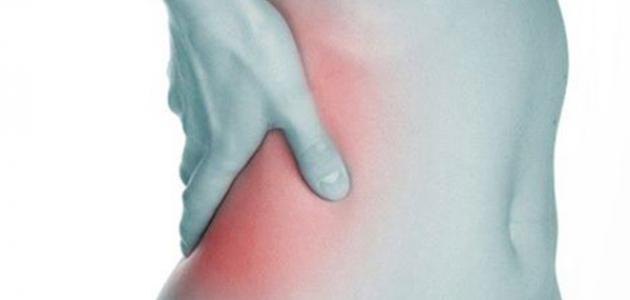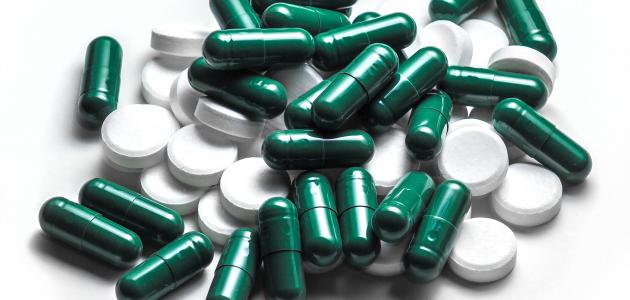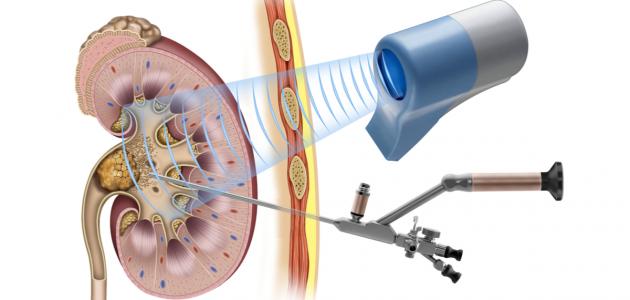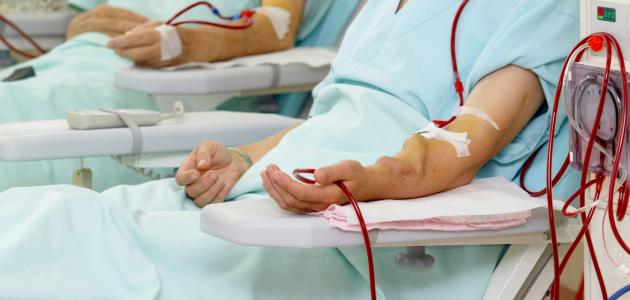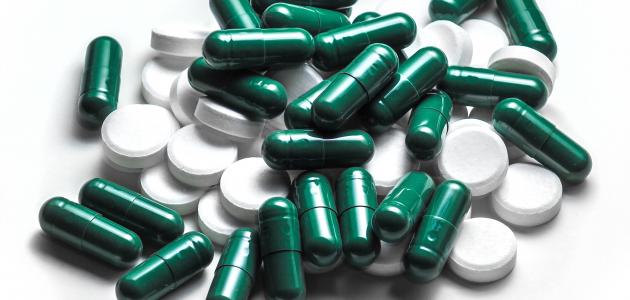College
It is the active organ in the human body, responsible for filtering the blood from the products of metabolism (the breakdown of protein and nutritional substances to utilize them) within the body’s cells, controlling the level of fluids in the blood, and regulating the electrolytic ionic component in the body, including ions and salts.
The kidney is located under the diaphragm on both sides of the spine, in the abdominal cavity, and is surrounded from behind by the last two ribs of the rib cage as protection. It consists of a unique tissue called the nephron, which contains the renal glomeruli, which are an organization of capillaries that work as a blood filter during blood exchange. With the renal artery, and an accompanying capsule called “Bowman’s purse” to remove materials resulting from the filtration process.
Kidney failure and its symptoms
A case of acute kidney failure, which is represented by the inability of the kidney to filter impurities from the blood, which leads to the accumulation of these substances in a way that threatens the life of the body. Symptoms of kidney failure are the results of weak kidney function, as fluids accumulate in the body, leading to swelling of the legs. Back pain and spasms, high blood pressure, a feeling of fatigue and headache, and psychological disturbances such as confusion and dispersion, and loss of consciousness in severe cases.
Read also:What is the cause of frequent urination?
Causes of kidney failure
Kidney failure usually occurs as a result of taking substances and medications that are harmful to the kidneys without prior study of the condition, and disruption of kidney function as a result of some organic impairment, such as blockage in the blood vessels transporting the kidneys, or acute shocks, wounds, and severe injuries.
Mechanism of kidney failure
Kidney failure occurs for the reasons we mentioned, some of which occur before the kidney and some of which occur after the kidney, such as blockage of the urinary tract for several reasons that leads to renal retention and reflux, including what occurs in the kidney itself, and is affected by causes before and after the kidney, and this is explained in the following:
- When the kidney is exposed to severe inflammation, which leads to severe failure in kidney function, such that the rate of kidney function is less than 15%, as these infections lead to necrosis of the renal tubules, as a result of weakness in the blood supply to the kidney, resulting from a sharp drop in pressure, such that the kidney dies. Tubes, and the kidney fails in its functions as a result of an organic defect.
- Organic dysfunction may occur as a result of an uncontrollable increase in salts in the body along with a severe shortage of body fluids, which leads to pressure on the kidneys such that they become tired over a long period of time. Thus, the glomeruli and renal tubules become weak and unable to perform their functions.
